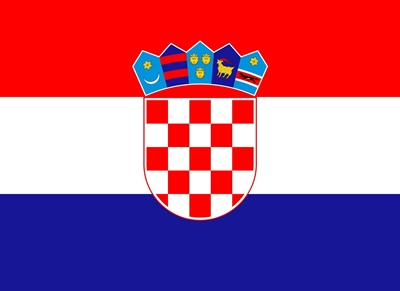Croatia - Universal Periodic Review - Domestic Violence - October 2019
Country: Croatia
Issues: Children's Rights, Gender-Based Violence, International Advocacy, Policing, Women's Rights
Mechanism: UN Universal Periodic Review
Report Type: Stakeholder Report
Stakeholder Report for the United Nations Universal Periodic Review, 36th Session of the Working Group on the Universal Periodic Review (April - May 2020)
Partner: Autonomous Women’s House Zagreb
The Advocates for Human Rights, together with Autonomous Women's House Zagreb, submitted a stakeholder report on domestic violence in Croatia for the 36th Session of the Working Group on the Universal Periodic Review.
Over 30% of women in Croatia are affected by domestic violence. 80% of female crime-related deaths were caused by intimate partners. However, administrative data within Croatia remains flawed and does not address all forms of domestic violence. As a result, domestic violence goes highly underreported. Victim services such as shelters that do exist are limited by a lack of funding and space. Many victims also lack recourse due to limited protection and difficult legal restrictions before, during, and after court proceedings.
Since the last UPR, Croatia took steps to ratify the Istanbul Convention and an amended version of the Law on Protection against Domestic Violence. Croatia has also reformed its criminal codes and provided training to legal officials on gender-based violence. These changes have created political backlash that threatens to roll back these advancements and deters the state from further improvement.
Recommendations include:
- Ensure the Istanbul Convention is fully implemented in all domestic law.
- Improve and ensure gender sensitive training of judges and police to better help victims and ensure punishments of offenders.
- Clarify and streamline process to obtain free legal aid.
- Introduce temporary protection orders, child support, financial assistance, and temporary child custody to physically non-violent parents in domestic violence cases.
- Expand the Criminal Code to include violence against those who did not live with a partner and do not require medical certification.
- Mandate inclusion of women's NGOs and autonomous shelters in community responses to domestic violence.




